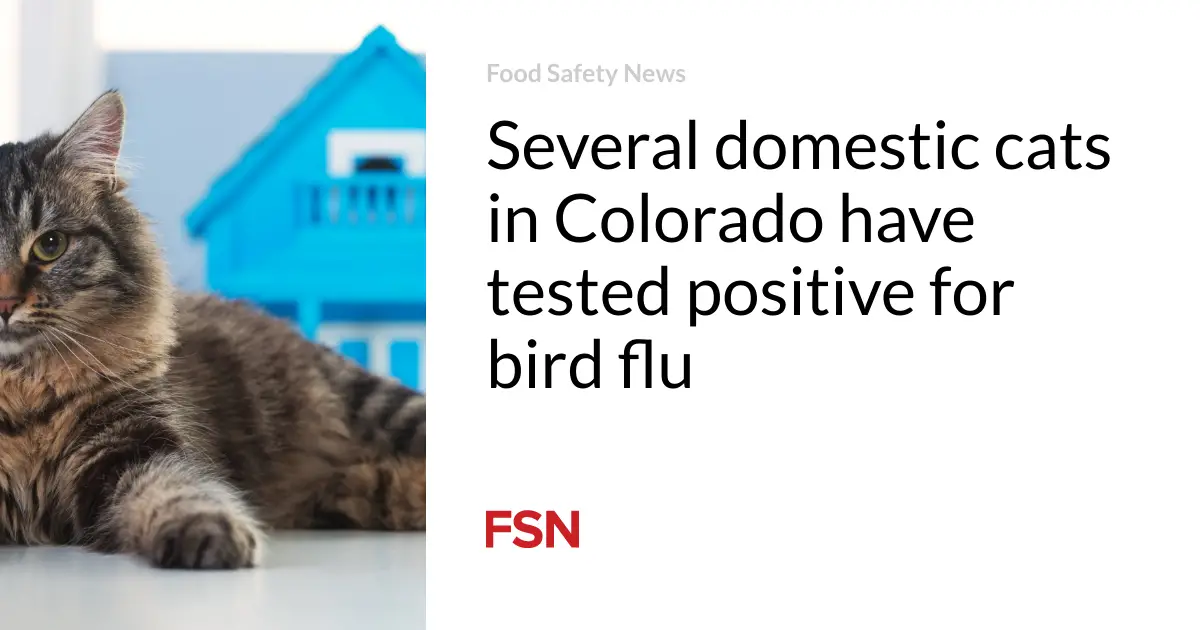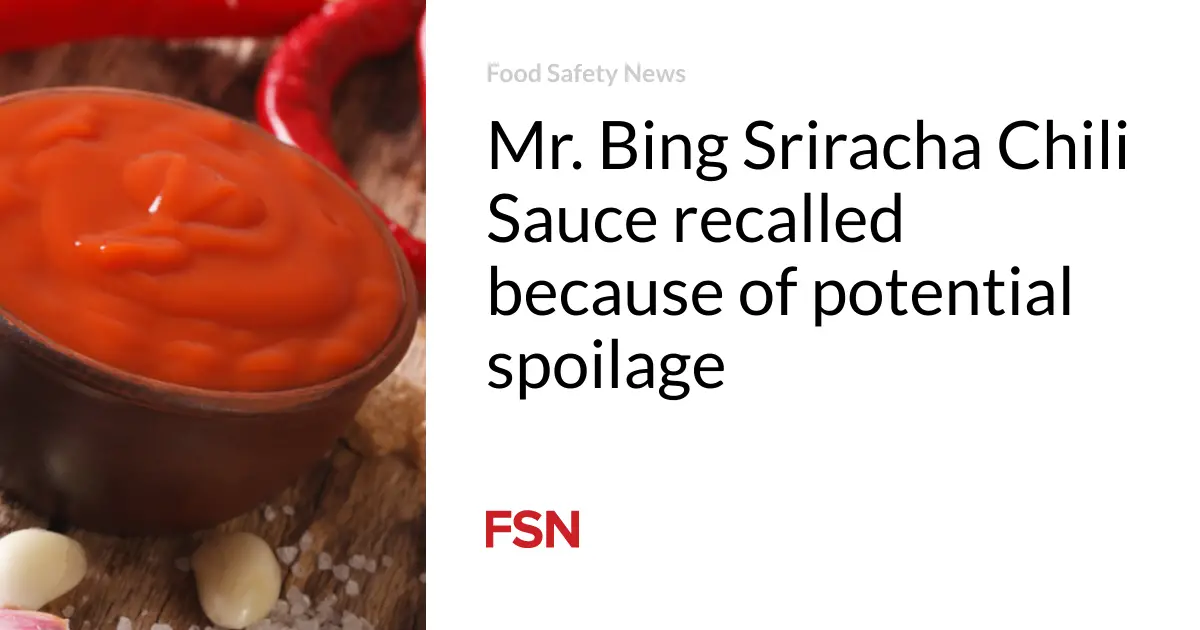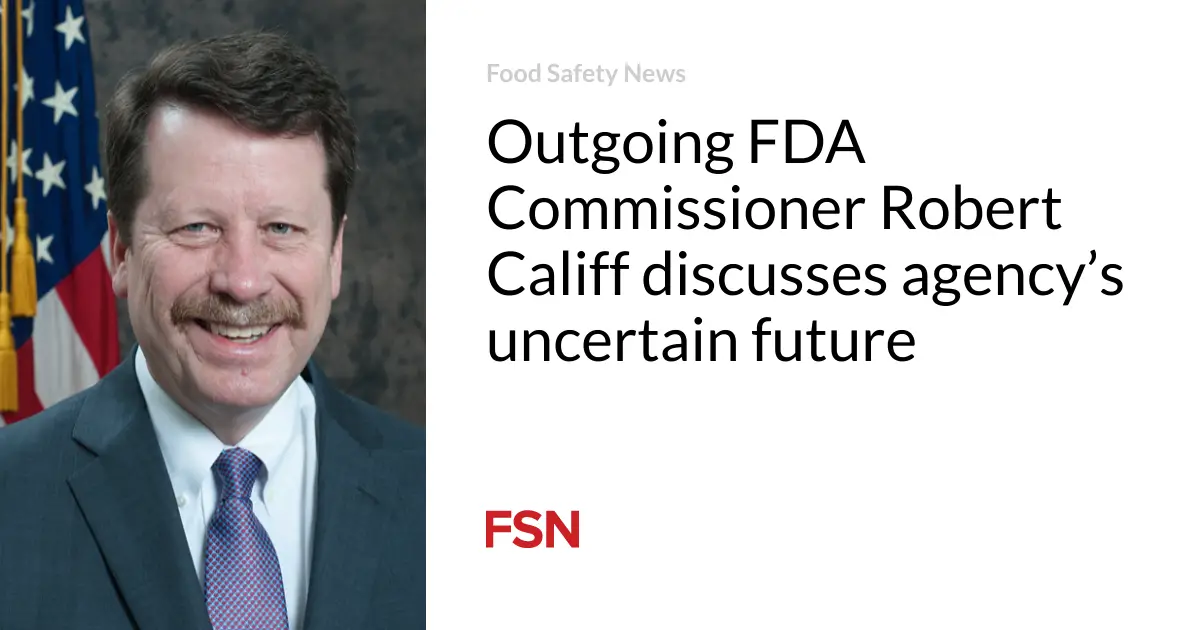
[ad_1]
It was likely to upset their core audience, but Colorado Public Radio nonetheless reported that H5N1 avian flu is showing up in the state’s domestic house cats. It’s news that originated on the Colorado Veterinary Medical Association’s website.
It stems from six feline Highly Pathogenic Avian Flu cases, including only one outside Northern Colorado. That area has been hard hit with poultry and cattle outbreaks of the bird flu.
The USDA has reported that five of the six feline cases have occurred in the northern countries of Adams, Larimer, and Morgan.
There have also been cases of bird flu in domestic cats in Texas.
Since 2022, the avian flu virus has been detected in numerous Colorado mammals, including red fox, mountain lion, bobcat, and black bear, as well as deer mouse, house mouse, dessert cottontail, prairie vole, raccoon and striped skunk.
According to Colorado officials, no human bird flu cases are linked to exposure to infected house cats, and the risk of H5N1 to the general public remains low.
The infected Colorado cats include two indoor-only pets and three indoor-outdoor cats known to hunt for mice or small birds outdoors. Mice testing positive for H5N1 is fairly common in Colorado.
Since 2022, the U.S. has reported 14 human cases of Avian flu in three states. Four were linked to exposure to dairy cows, occurring since March. Ten had exposure to poultry, reported between April 28, 2022, and July 25 this year2024.
Since the current round of bird flu began in early 2022, more than 100 million birds from commercial flocks have been lost in 48 states. Since March, the number of infected dairy herds has reached 190 in 13 states, with 63 infected herds in Colorado.
The CDC’s flu surveillance systems report no indicators of unusual influenza activity in people, including avian influenza A(H5).
Still, the CDC wants to be prepared. It has 4.8 million doses of a possible vaccine ready for distribution. It intends to stop infections if necessary.
So far, that hasn’t been necessary. The few human cases have not been severe. It is not yet known to be spreading person-to-person. An antiviral remains a better treatment than a vaccine.
(To sign up for a free subscription to Food Safety News, click here.)
[ad_2]
Source link





